Montenegro: Anti-independence campaign kicks off
Monday, 10.04.2006.
15:39

Montenegro: Anti-independence campaign kicks off
The Montenegrin opposition, which backs the existing state union with Serbia, is rallying its supporters in the run up to May's referendum on possible independence.More than 15,000 pro-union activists are taking part in an ongoing door-to-door campaign orchestrated by a new referendum headquarters located in Podgorica.
"Our principal objective is that every opponent of [pro-independence] Prime Minister Milo Djukanovic's regime casts their ballot for the joint state with Serbia," said Dobrilo Dedeic, a spokesman of the Serb People's Party, one of the four Montenegrin opposition parties in the unionist coalition.
Podgorica analysts expect the opposition to highlight the state union's economic and security benefits for Montenegro in its campaign, while accusing the pro-independence coalition government of corruption and involvement in organised crime.
The Socialist People's Party, SNP; Serb People's Party, SNS; Democratic Serb Party, DSS, and People's Party, NS, are bitter rivals of the ruling coalition, which has long been in favour of independence for Montenegro.
The state union of Serbia and Montenegro was formed in March 2002 after Djukanovic - under a lot of pressure from the European Union - reluctantly postponed any referendum on independence for three years. This deadline is due to expire on May 21, when Montenegrin voters will decide the future status of the republic.
As part of a compromise deal reached with the two political camps, Brussels has decreed that more than 55 per cent of voters will have to back independence before any dissolution of the state union can take place.
While most analysts believe that the outcome of the independence referendum will largely depend on voter turnout, the most recent surveys seem to favour the unionists.
Judging by a public opinion poll conducted by the Marten Board International polling agency, the results of which were made public on March 27, voter turnout is expected to reach 80 per cent.
To succeed in the referendum, some watchers believe that Djukanovic will have to secure 2.6 per cent more of the vote than he has managed in the past. Some circles close to the opposition maintain that he could miss the mark by up to nine per cent.
Last week the opposition parties signed a declaration on joint action with the Movement for the Joint State - a group of non-governmental organisations and parties with no seats in the parliament, which are in favour of the state union. This effectively means their voters will be united for the first time since the early Nineties.
A source close to the opposition told Balkan Insight that the opposition referendum campaign is focusing on organising small gatherings and meetings in Montenegrin villages and towns. Almost all the opposition leaders are working in the field on the campaign trail, and citizens are also receiving invitations to campaign events by SMS text messages.
These events are not open to the press, but Balkan Insight's source said that unionist activists use the meetings to explain the advantages of the state union to potential voters.
The expectations are that the pro-independence coalition and the opposition bloc will fight over undecided voters, whose number has dropped from 22 to 12 per cent of the electorate.
Dragan Rosandic, director of the European Integrations Centre, said the unionist campaign will primarily target undecided voters and potential abstainees, as well as supporters of Djukanovic's own Democratic Party of Socialists, DPS. Rosandic said some DPS voters also oppose the dissolution of the joint state with Serbia.
Predrag Bulatovic, leader of the SNP, the biggest opposition party, agrees. "It is to be expected - realistically - that all DPS supporters will not vote for independence because so many voters have been deceived by the two-faced policy of their party," Bulatovic said. "We are running a door-to-door campaign, and we leave nothing to chance."
According to representatives of the unionist bloc, its campaign will focus on economic and security-related advantages that the state union brings to Montenegro.
"The only way towards the European Union and out of the [current] economic crisis is through the joint state with Serbia," said Predrag Popovic, NS leader and co-ordinator of the unionist opposition bloc.
"Montenegro - as a private state and safe haven for illegal activities - would never become a part of the EU, since it become a European black hole," he argued.
Unionists also warn that Montenegro will lose large Serbian markets for its goods if it secedes, and this, they say, will hit many Montenegrin companies hard.
"Serbia has a political and economic background that Montenegro can rely on," said SNS leader Andrija Mandic.
Analysts believe that opposition leaders will attempt to win votes by playing on fears that independence from Serbia might encourage the republic's Albanian minority to follow in the footsteps of similar groups in Kosovo and Macedonia, whose attempts to ensure greater rights and more territory have led to conflicts.
In Tuzi, a Podgorica "suburban municipality" with an ethnic Albanian majority, a rally was organised on March 21 with the purpose of showing support for an Albanian minority initiative to establish the area as a full-blown municipality in its own right. The flag of the Kosovo Liberation Army, KLA, a guerrilla force that was locked in bloody fighting with Belgrade security forces in the late Nineties, was raised for the first time in Montenegro during this event.
Opposition leaders also accuse Djukanovic's pro-independence government of trying to turn Montenegro into "a private mafia-run state". They allege that a business elite consisting of tycoons close to the Djukanovic government has already been created in Montenegro.
"[This elite] pulls all the economic strings in Montenegro thanks to their links to the regime," said a source close to the opposition, adding that the state union campaigners plan to play on the widening gap between the rich elite and the impoverished majority.
For the time being, the opposition camp is convinced its campaign will succeed.
"We expect the biggest voter turnout ever for this referendum," said Dedeic. "This is not a simple issue. This is about the statehood and future status of Montenegro."
Bojana Stanisić is a journalist with the Podgorica daily Dan. Balkan Insight is BIRN's online publication.
This article was published with the support of the British embassy in Belgrade, as part of BIRN's Minority Media Training and Reporting Project.






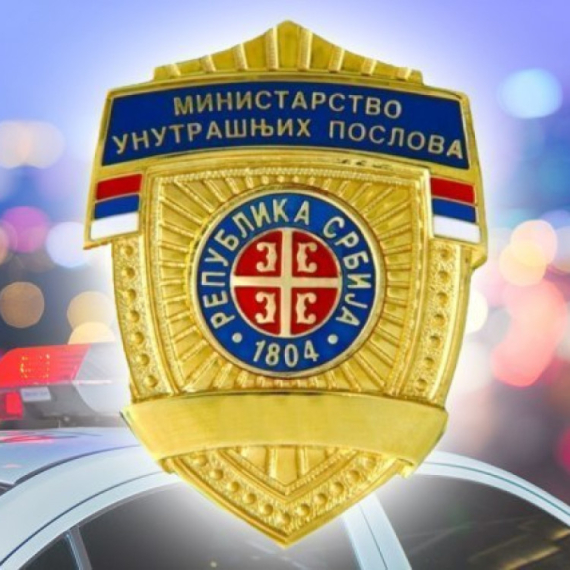



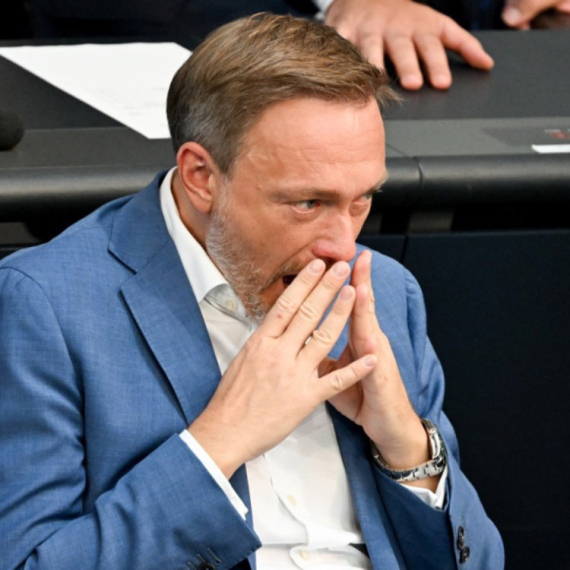


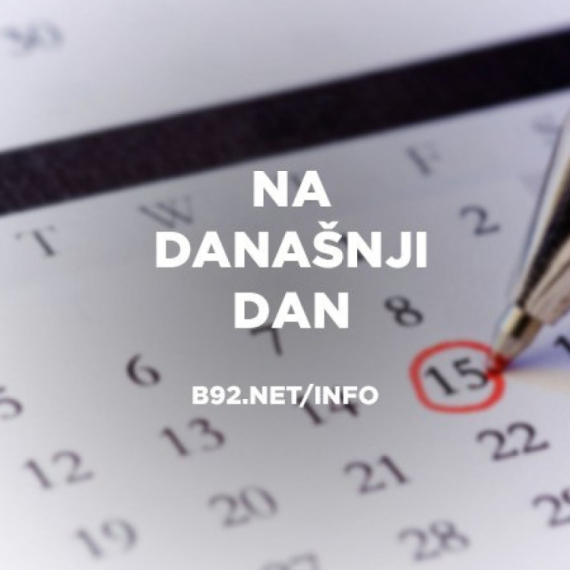
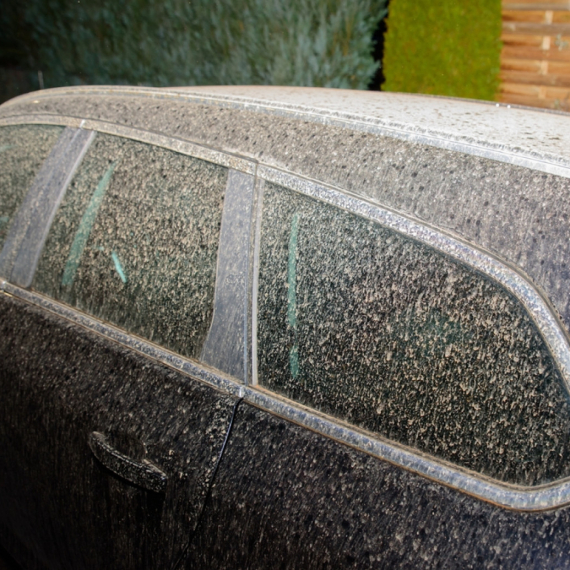
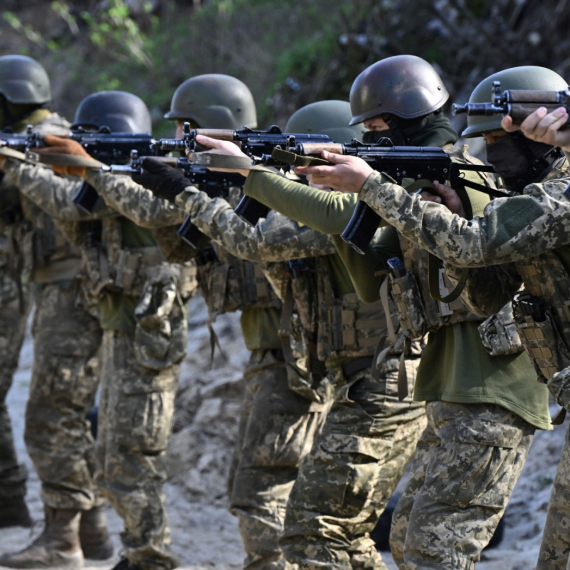
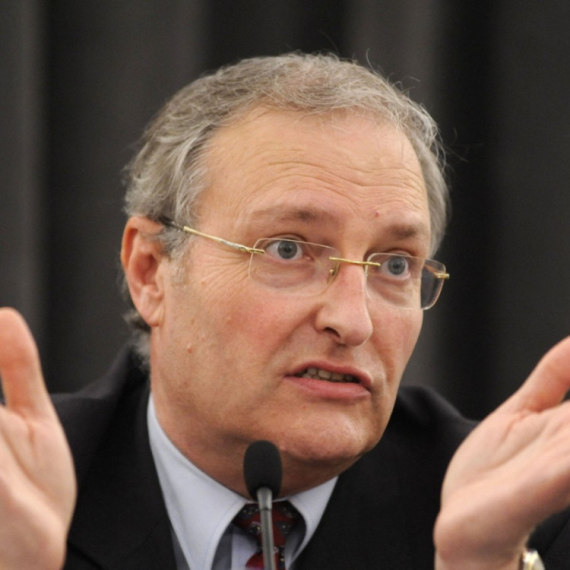
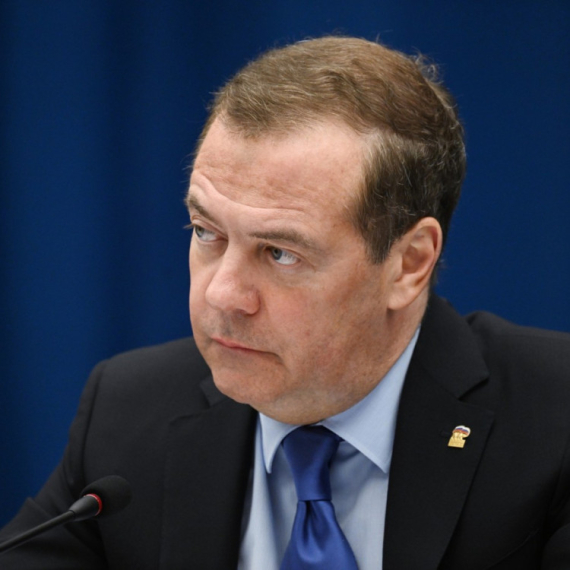
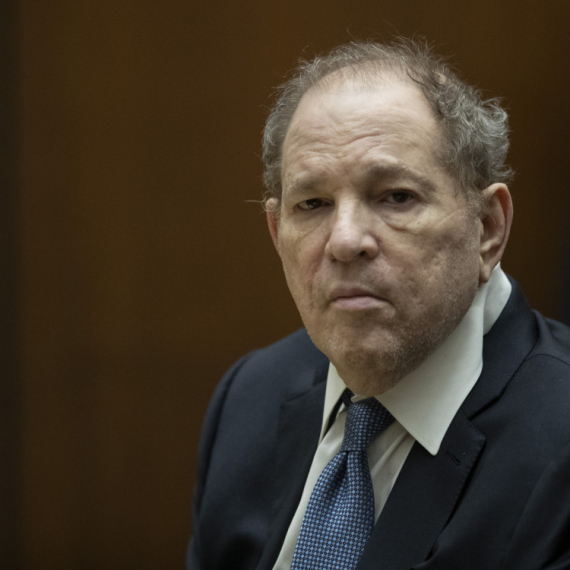
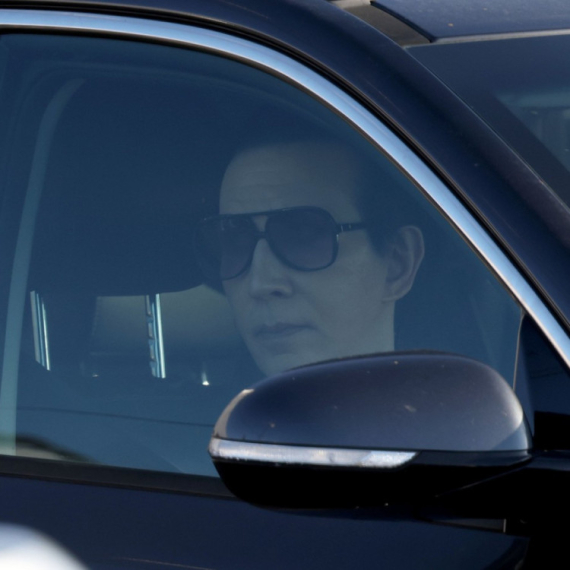


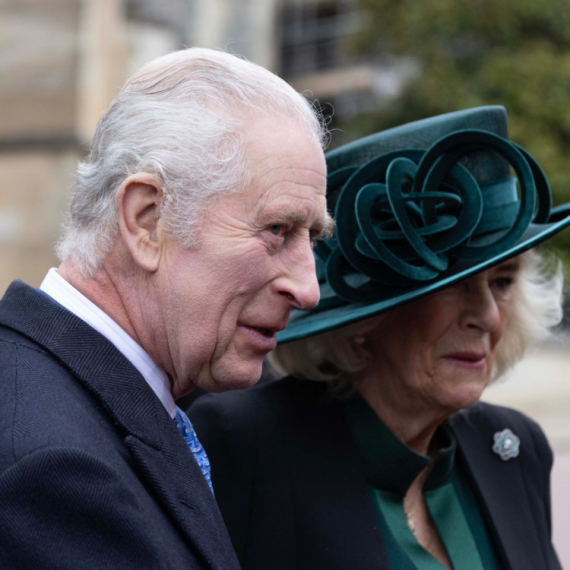





















Komentari 0